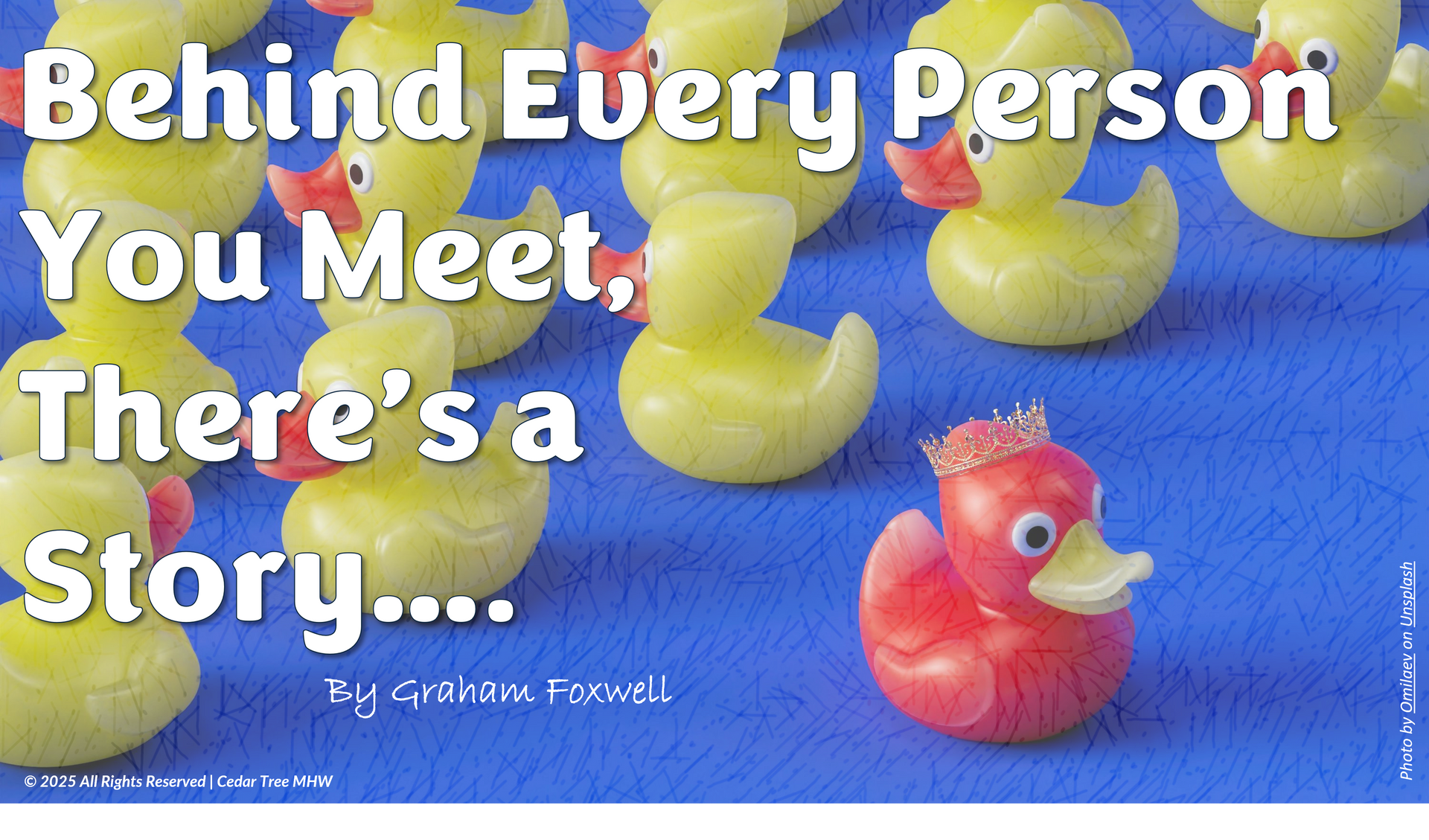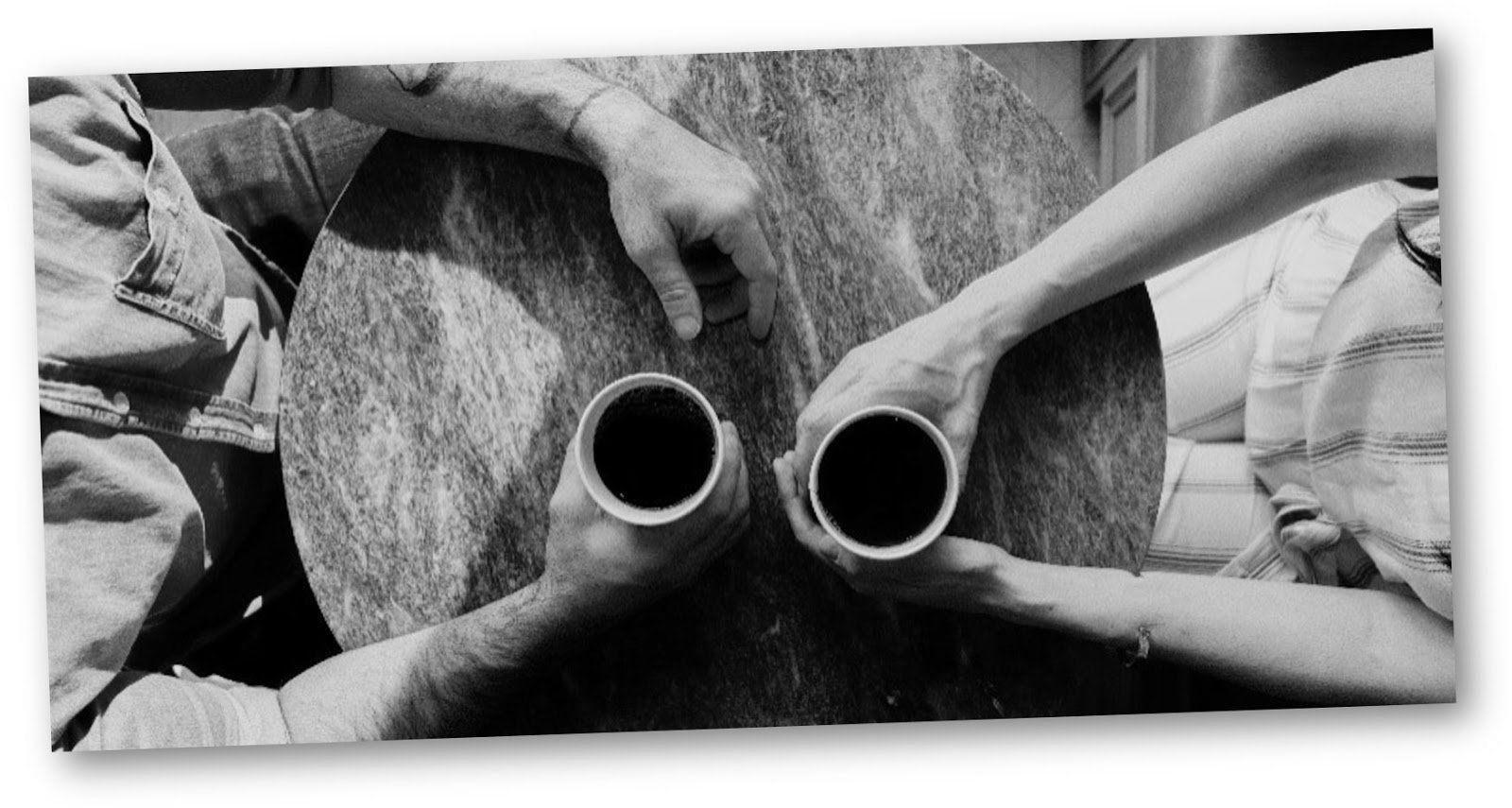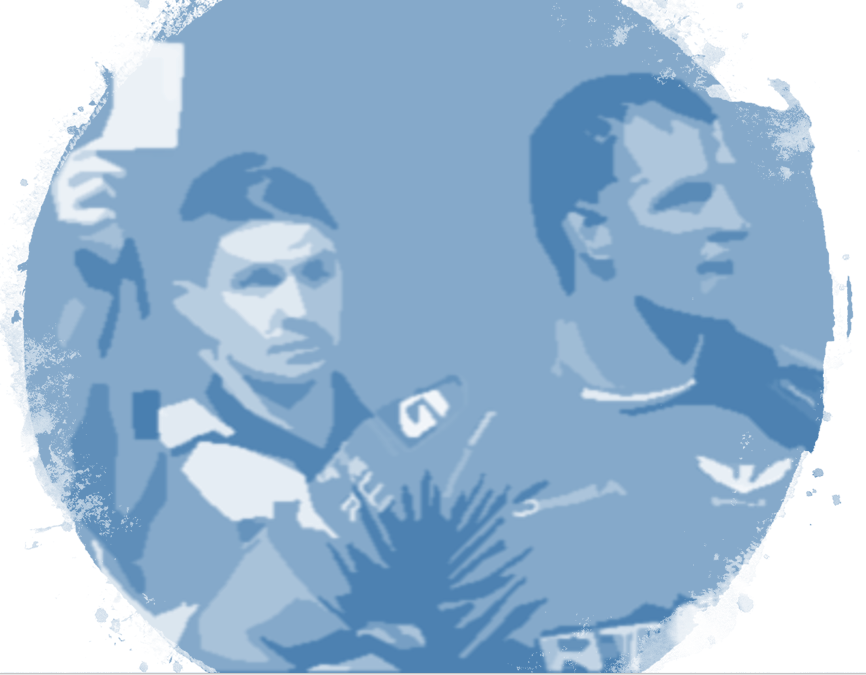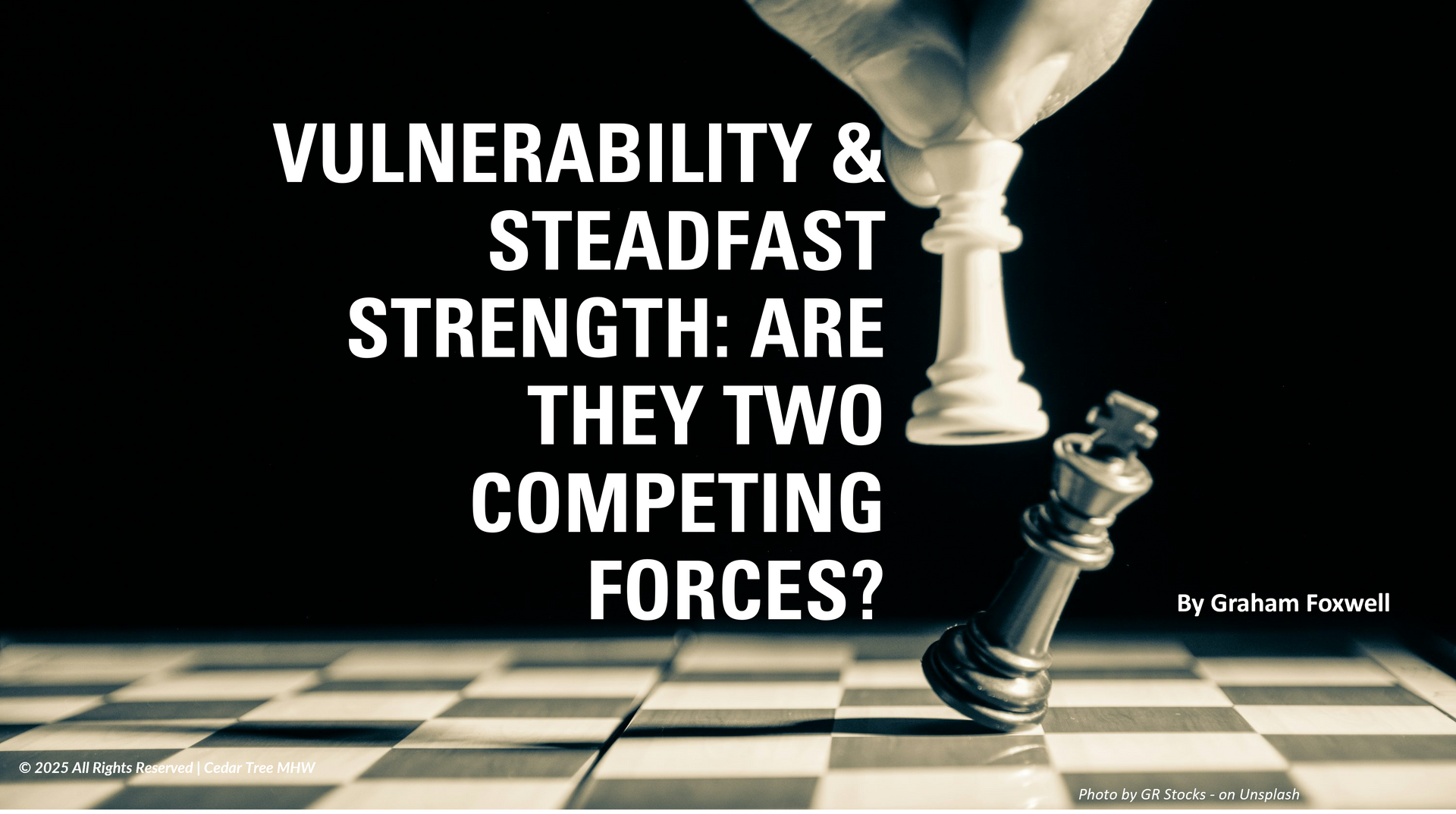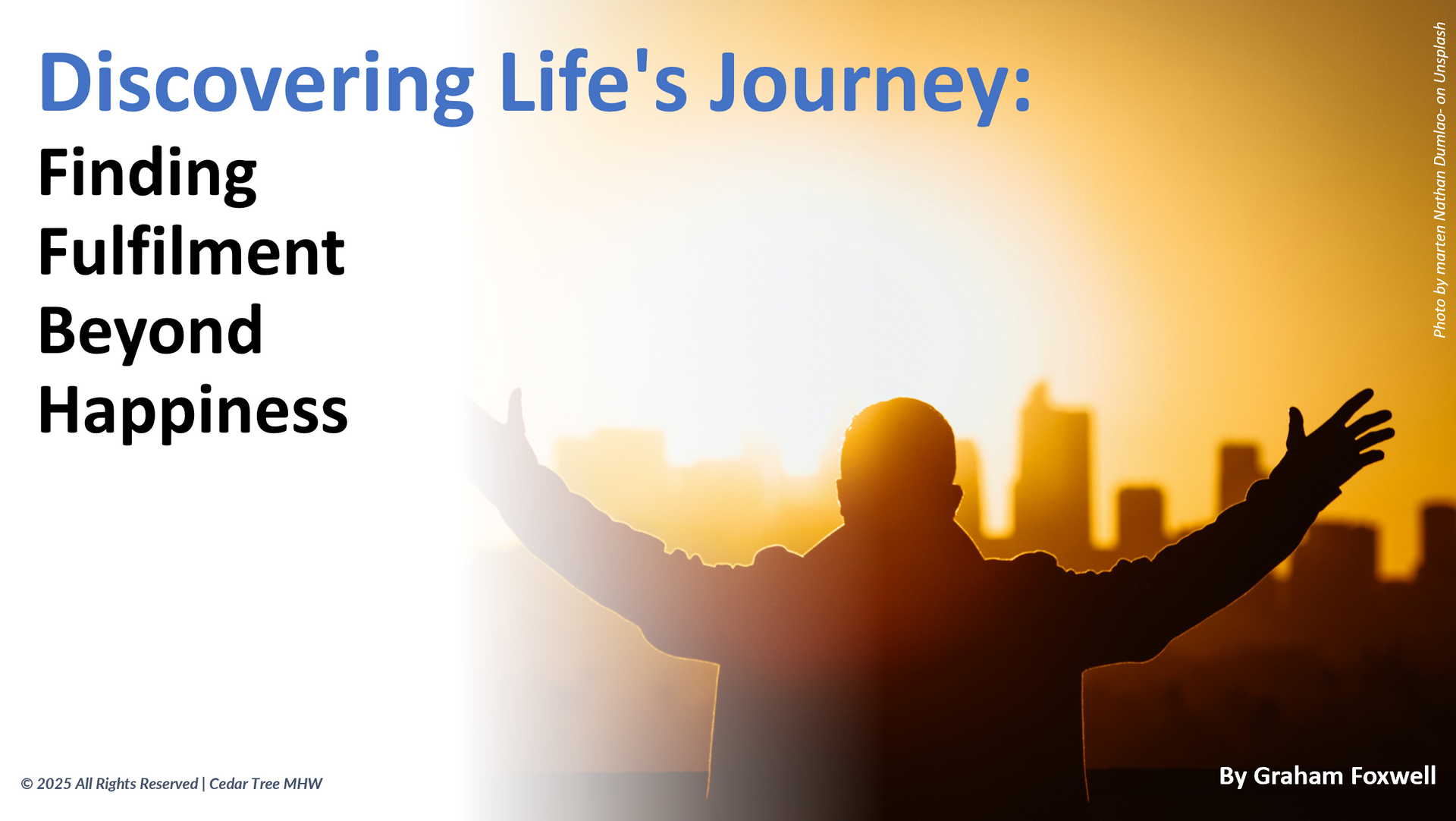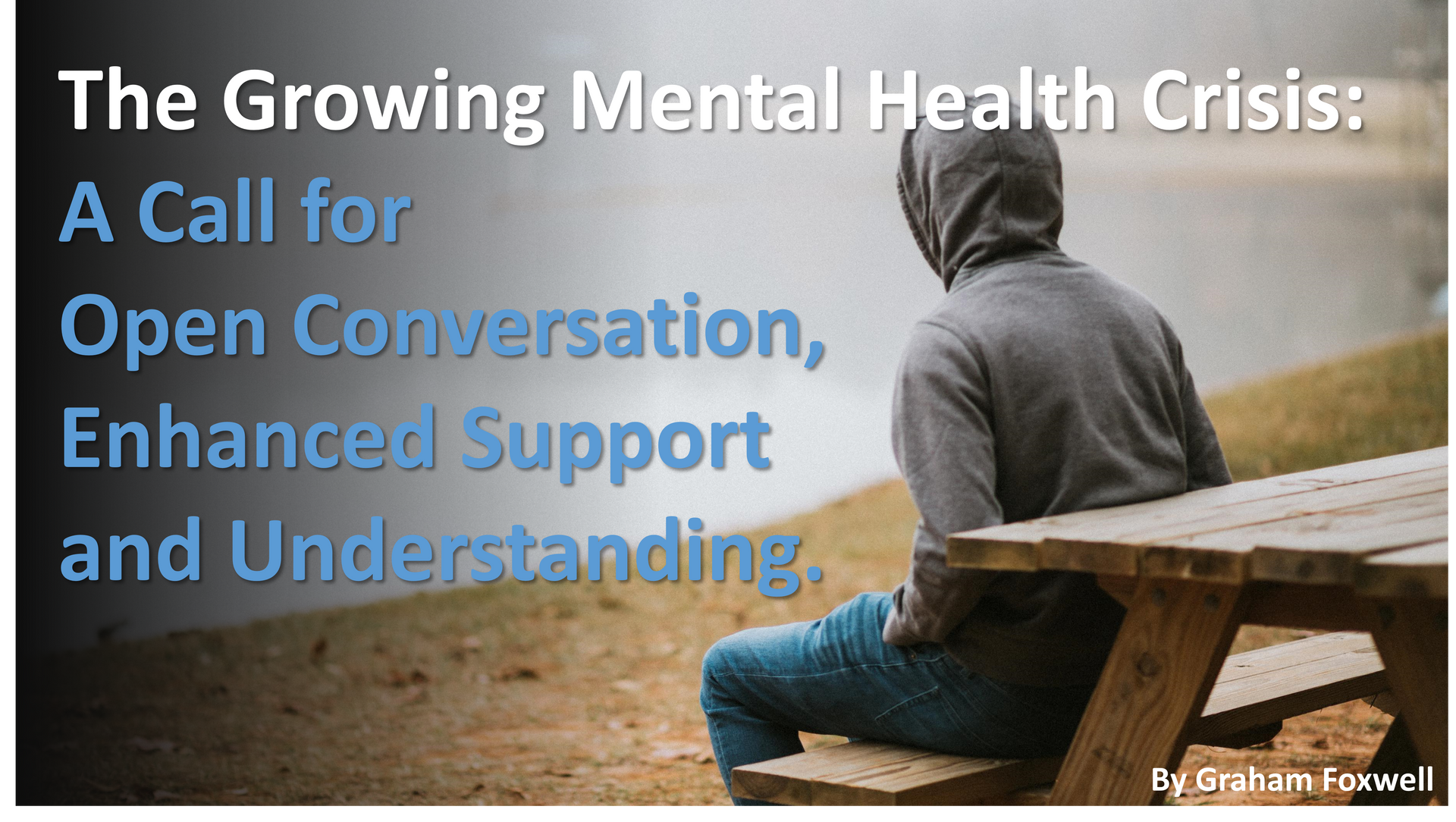Blog #5 - Mental Health Awareness Week May 2020 - Living with Parkinson’s Disease
How could I, a 30 year old super fit just married man have an old person’s illness?
It took a year during which time I played some of my most enjoyable rugby knowing it would my last season I realised I was being affected by PD as I was after the 1st league game where I subbed and unfortunately was not in a good frame of mind when I came on as a replacement with 20 minutes to go and was sin binned with 10 minutes to go and lucky to have been binned not red carded. My last game was a nonleague game for a mixed 1st and 2nd team squad again I was lucky as this gave me a chance to play with my 4 best mates at the club one last time.
I also decided after my diagnosis that I would keep my condition from most people just family to know but how to tell them. I told my brother first and as usual he was great a mix of common sense and compassion in a way only he can do. Telling ny mum and dad was horrible in my head but so good once done. The love I got from my family is still as strong as ever and gives me the will to remain positive and determined to keep on doing as much as I can. The story is the same where Suzies parents and sister are concerned, I am so lucky.
“S### happens”
Telling work and friends was hard to so I kept it for a long time, I had a cryptic chat with my boss just saying I was dealing with a large issue so if I lost it then I had a good reason. My closest friends I told Michelle (known as Dave) was so disappointed that I was not having a baby that she really made me think on that. I have found friends reactions varied, Adam just asked “are you going to die?” Nick shrugged and said “S### happens”. But some friends seem to have found it hard to accept the change in me from action man to sluggish man. But the great majority just treat me as normal.
The response was “Nah we’ll just shout run Forrest run”
Why was I afraid to tell people? With hindsight it was daft but at the time I feared that telling people somehow weakened me and that they would treat me differently. To my friends, probably only in my head only I was the rough and tough rugby player who they looked to when they needed help or there was trouble. I certainly defended my friends when they needed it. Now I would not be that person. Of course, they treat me differently, yet the same humour and friendship still underpins the friendships. For example, I went to see a game at the Madstad at a time when I was suffering from a festigant gait basically I would walk faster and faster until I either ran into something or I fell over. I thought best I warn Pete and Nick and ask if they could just get in front of me and slowdown as a brake. The response was “Nah we’ll just shout run Forrest run”
I do go to some dark places, but I know the best thing to do is talk with someone…
Since the diagnosis over 15 years have passed I am no longer working which gives the ability to manage my day to get the best out of it plus do things I need to slow down the progress yoga and table tennis are my two-exercise program and I am definitely a better more understanding person than I would have been without PD. I do go to some dark places, but I know the best thing to do is talk with someone it always amazes me that when I vocalise a problem it always seems to shrink.
Thanks for reading - Matt Bourne
Thank you for reading. Please look out for future BLOGS and articles from Cedar Tree Mental Health & Well-being.
www.cedartree-mhw.co.uk #cedartreemhw
You can find the other Blogs in this series below (Mental Health Awareness Week - May 2020)
- Blog #1 - Mental Health Awareness Week May 2020 - Intro
- Blog #2 - Mental Health Awareness Week May 2020 - Grief & Loss
- Blog #3 - Mental Health Awareness Week May 2020 - H ope
- Blog #4 - Mental Health Awareness Week May 2020 - Marathon
- Blog #5 - Mental Health Awareness Week May 2020 - Living with Parkinson’s
